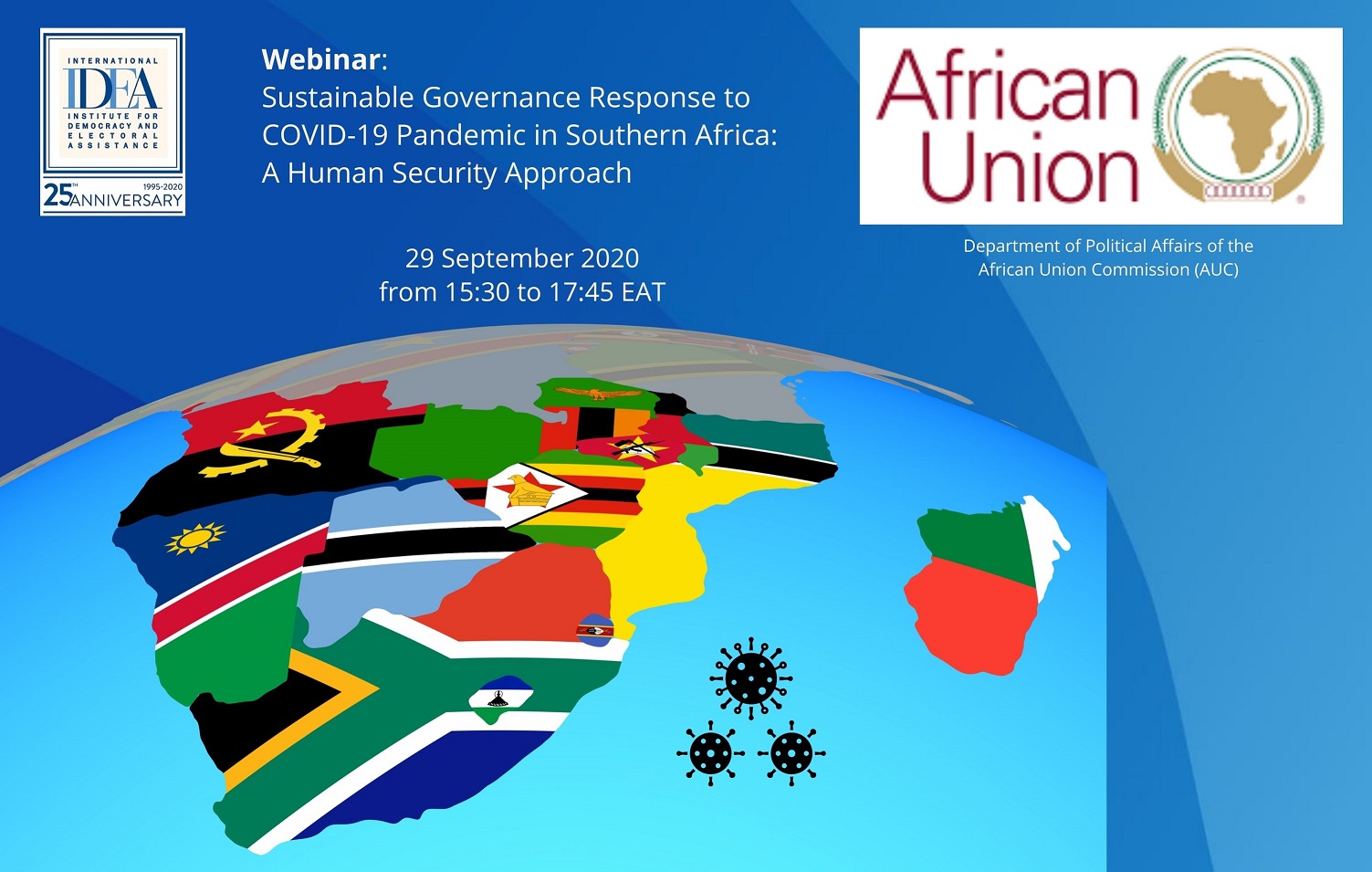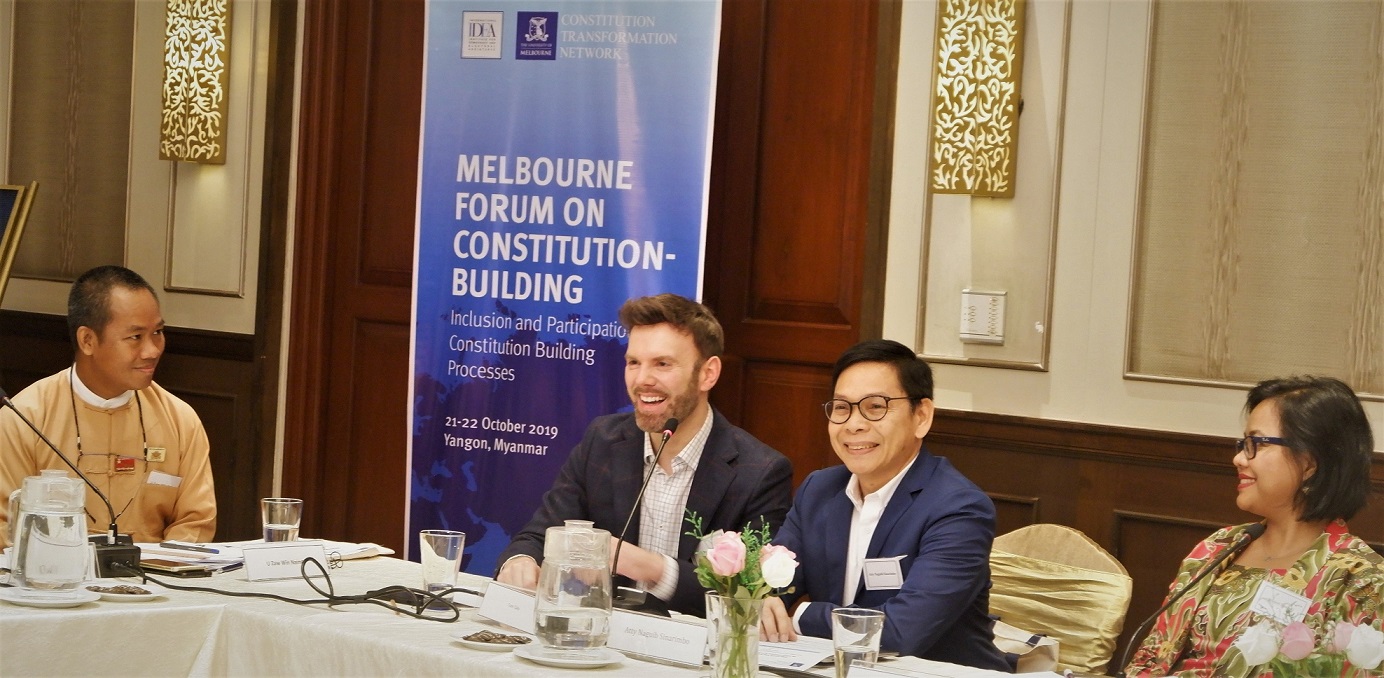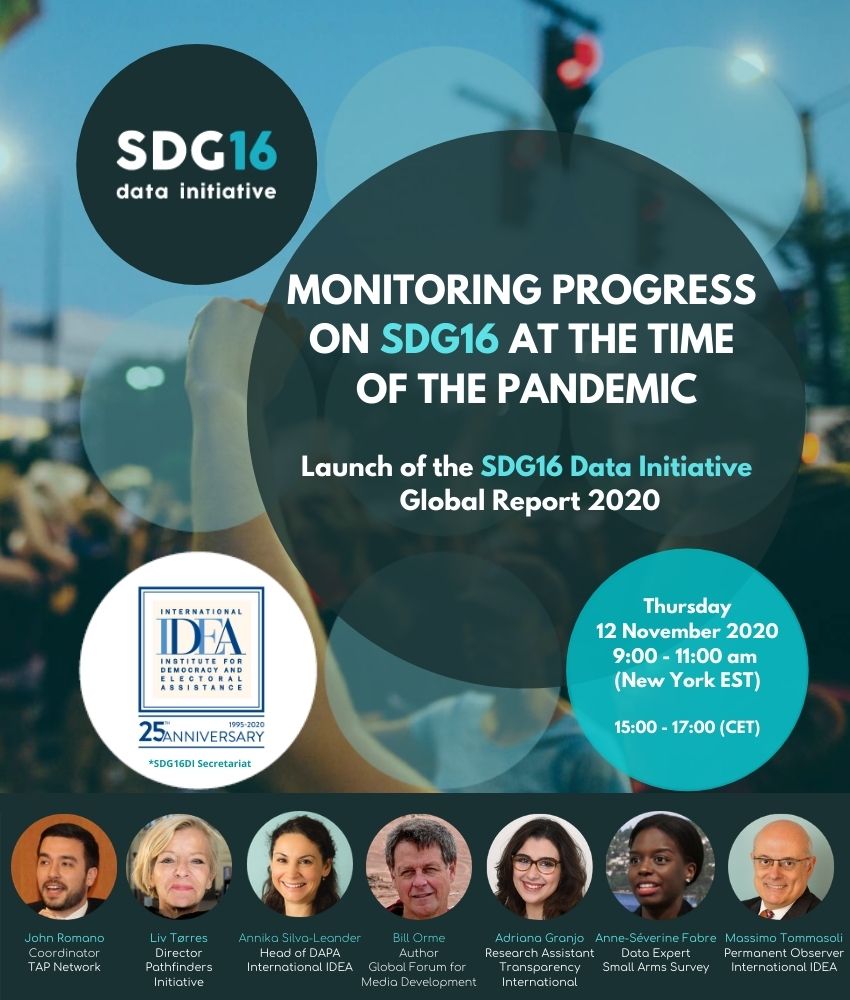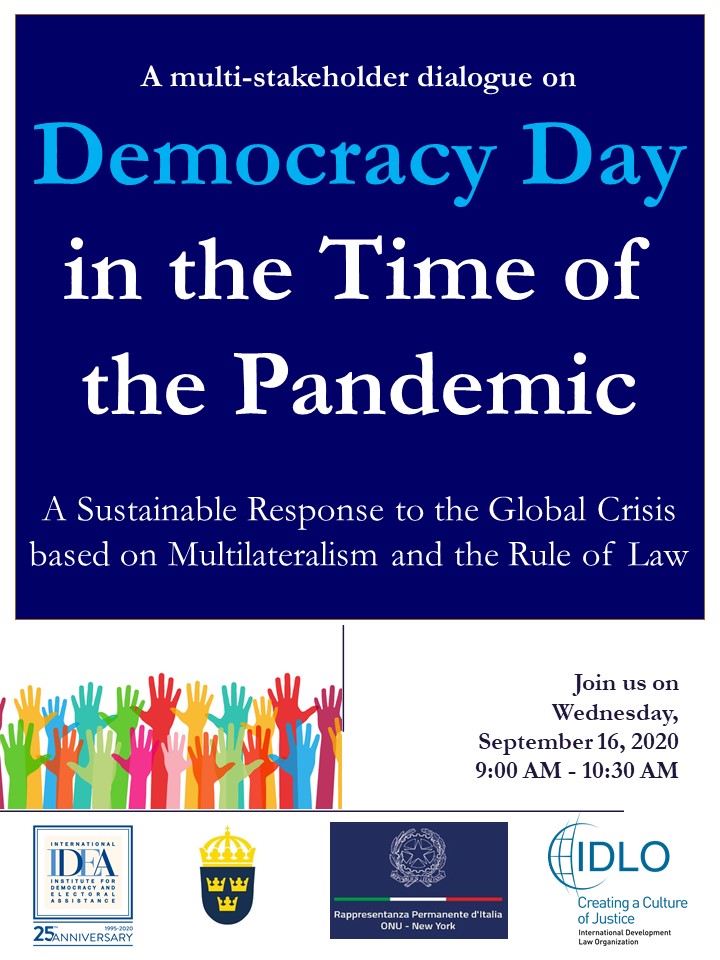Protecting Politics Webinar: Organized Crime and Local Democracy
What is the relationship between organized crime and local democracy? What does this mean for local communities?
International IDEA invites you to join the discussion on the new report, Protecting Politics: Deterring the Influence of Organized Crime on Local Democracy.
Experts include:
• Catalina Uribe Burcher (International IDEA Programme Officer for Democracy Conflict and Security)
• Tim Sisk (Professor and Associate Dean for Research, Josef Korbel School of International Studies, University of Denver)
• Annette Idler (Director of Studies at The Changing Character of War Programme, University of Oxford)
This webinar is part of the Protecting Politics Webinar series. For more information, visit: http://www.idea.int/conflict/protecting-politics.cfm
Local democracy encompasses formal and informal subnational institutions that respond to citizens’ needs. At the centre of local democratic practice are open governments, which provide people with space to promote participation, deliberation and a focus on public interests. However, local state fragility undermines democracy. Organized crime increasingly exploits such weaknesses in order to protect its illicit businesses, as political corruption is an ideal avenue preferred by organized criminal groups.
This report examines the interlinkages between organized crime networks and political actors at the local level. It also analyses policy responses (particularly decentralization policies) that have—intentionally or unintentionally—enabled or prevented organized crime engagement in political corruption at the local level. Case studies from Afghanistan, Colombia and Niger illustrate how illicit networks relate to local levels of government and decentralization processes.



